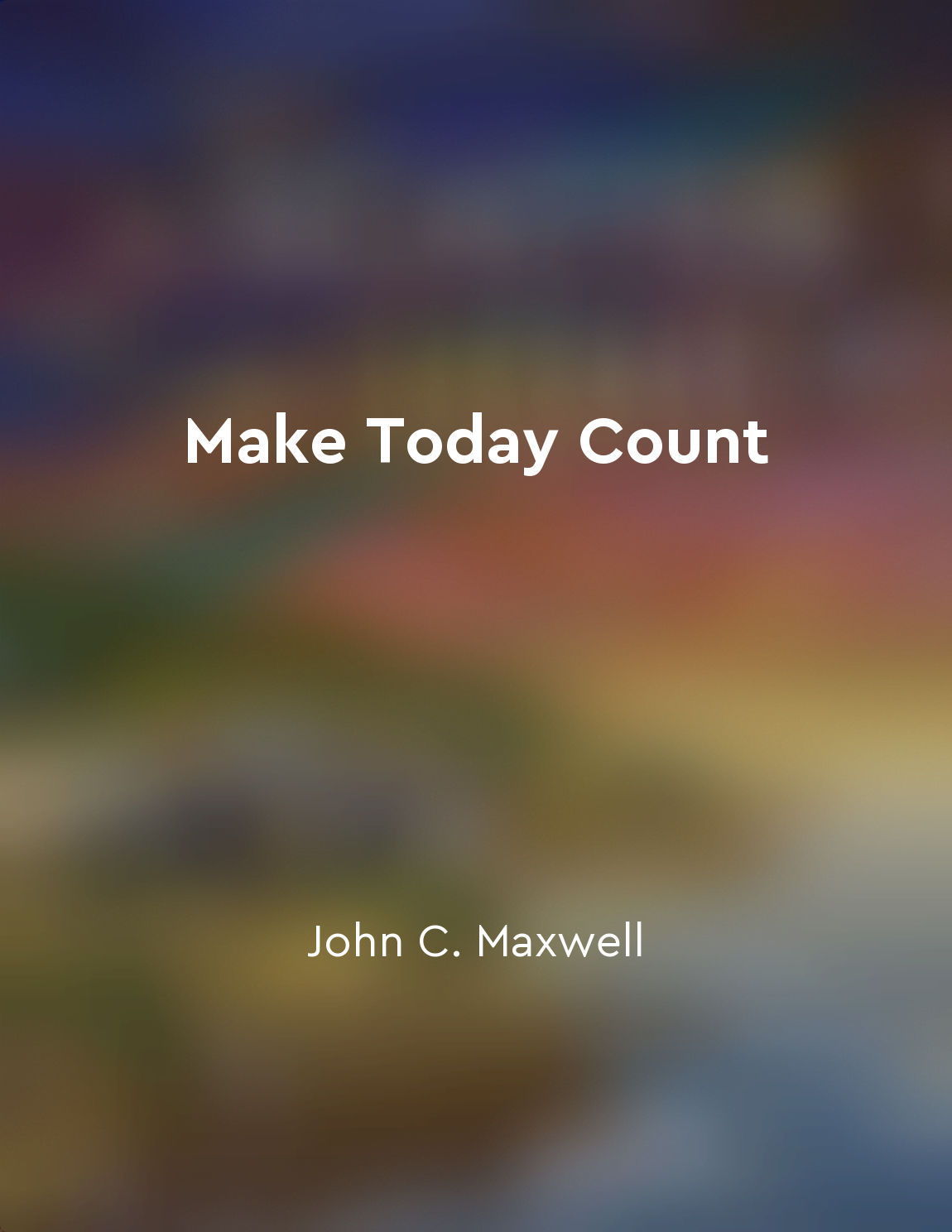Empathy is the cornerstone of peacebuilding from "summary" of The Anatomy of Peace, Fourth Edition by The Arbinger Institute
At the heart of peacebuilding lies the ability to empathize with others. This fundamental principle is not merely a nice sentiment or a lofty ideal—it is the very foundation upon which lasting peace is built. When we are able to see the world through the eyes of others, to truly understand their hopes, fears, and experiences, we create a connection that transcends differences and builds bridges between us. Empathy is not about agreeing with someone else's point of view or condoning their actions. It is about recognizing their humanity, acknowledging their pain, and seeking to understand the underlying reasons for their behavior. When we approach conflicts with empathy, we are able to see beyond the surface-level issues and address the deeper, more complex root causes of discord. By cultivating empathy, we create a space for dialogue, understanding, and reconciliation. When we are able to empathize with those who have hurt us, we can begin to break down the walls of resentment and anger that separate us. Through empathy, we can heal wounds, mend relationships, and forge a path towards peace. Empathy is not a sign of weakness or naivete—it is a strength that requires courage and humility. It is easy to demonize others, to paint them as villains or enemies. It is much harder to confront our own biases and preconceptions, to listen with an open heart, and to extend compassion to those who have wronged us. But it is precisely this difficult work of empathy that paves the way for true transformation and reconciliation. In the end, peace is not achieved through force or coercion, but through understanding and compassion. When we are able to empathize with others, we create a space for mutual respect, cooperation, and harmony. Empathy is the key that unlocks the door to peacebuilding, and it is only by embracing this fundamental principle that we can hope to build a world where conflict gives way to understanding, and division yields to unity.Similar Posts
Family secrets can have lasting effects
Family secrets have a way of burrowing deep within us, of shaping who we are in ways we may not even realize. They can mold our...
Leverage the power of social dynamics to achieve success
To achieve success in any endeavor, one must understand the power of social dynamics. Human beings are social animals, and our ...

The book sheds light on the complexities of identity in the Middle East
Thomas L. Friedman skillfully navigates the intricate web of identity in the Middle East, uncovering the multifaceted layers th...
Love knows no bounds
Love, that slippery, elusive emotion that binds us to others in ways we cannot always understand. It is a force that propels us...
Needs are universal and should be honored
Universal needs are those we all share, regardless of our background, culture, or beliefs. These needs are the same for every p...

Seek balance in all aspects of life
Seeking balance in all aspects of life is crucial for our overall well-being. Just as a seesaw needs equal weight on both sides...

We are interconnected with one another
The fabric of human existence is woven with threads of interconnectedness that bind us together in a complex web of relationshi...

Surround yourself with supportive and uplifting people
Surrounding yourself with supportive and uplifting people is crucial for your personal growth and success. These individuals ca...
Understand the root cause of conflict
Understanding the root cause of conflict is crucial in resolving disputes effectively. Conflict often arises due to underlying ...
Recognize the importance of body language in communication
Understanding the significance of body language in communication is crucial in our day-to-day interactions with others. Body la...
